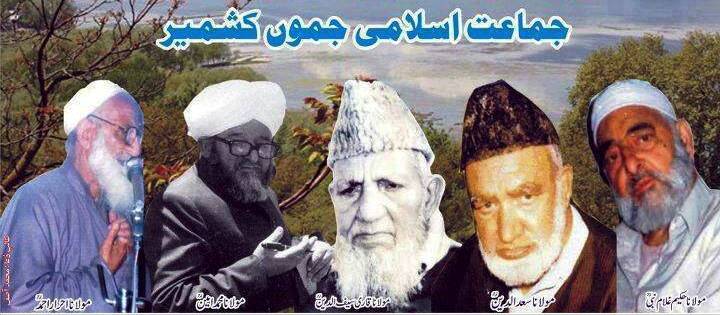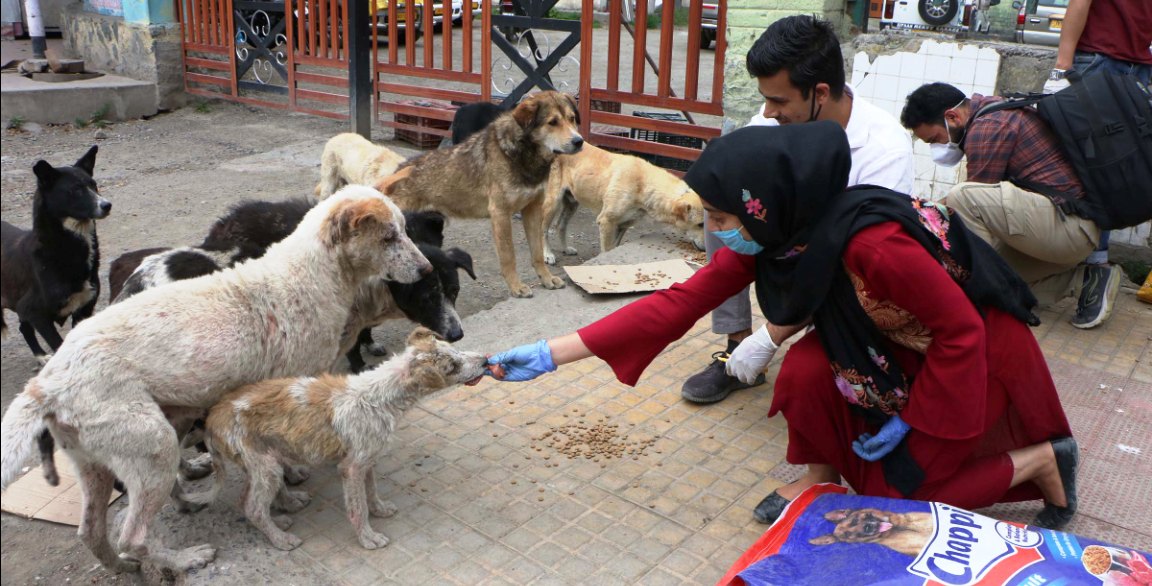Riyaz Ul Khaliq
SRINAGAR
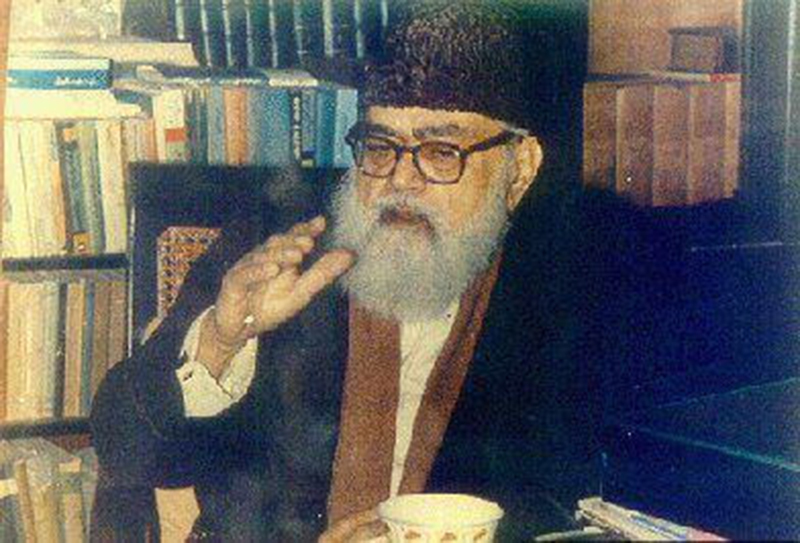
The state’s largest pan Islamist party, Jama’at-e-Islami (JeI) J&K, shall elect its new Amir (president) on Saturday, August 29. It will be its seventh Amir since its existence in the state.
Spread in the length and breadth of J&K, JeI has 3677 basic Arakeen (members) and Umeedwar-e-Rukniyat (about-to-be-members). JeI elects its Amir every three years while its lower office structure changes every year end. These 3677 members come from 16 basic units if JeI – basic units are essentially districts of J&K. Starting from its founder in J&K, Saad Ud Din Tarabali, Gh Hakeem Gh Nabi, Gh Muhammad Bhat, Nazir Ahmad Kashaani, Sheikh Muhammad Hassan, Muhammad Abdullah Wani have been JeI’s heads, so far.
Ailing octogenarian Hurriyat patriarch, Syed Ali Geelani has been ‘acting’ Amir-i-Jama’at a few a times but was never elected to be the leader of the party.
Giving details, spokesperson of JeI, Adv Zahid Ali said that the process of electing new Amir started on August 17 and will come to an end on August 29, Saturday.
Jama’at, unlike other parties, has a distinct process of electing its president. There is no candidature for the said post!
Explaining the procedure of its electioneering system, Zahid said, “there is no direct election for Amir, however, the basic members elect their representatives who in-turn elect Amir.”
Starting from North Kashmir this election, the Arakeen in their respective districts elected ‘Council of Representatives’, who in Jama’at diction are known as ‘Majlis-i-Numaindigaan’, its ‘Council of Representatives’.
“Every thirty basic members elect one member to Council of Representatives from every district,” Zahid said. “Islamabad, Kulgam and Doda have the highest number of such members,” he said. “We have around 125 members of Council of Representatives coming from 16 units.”
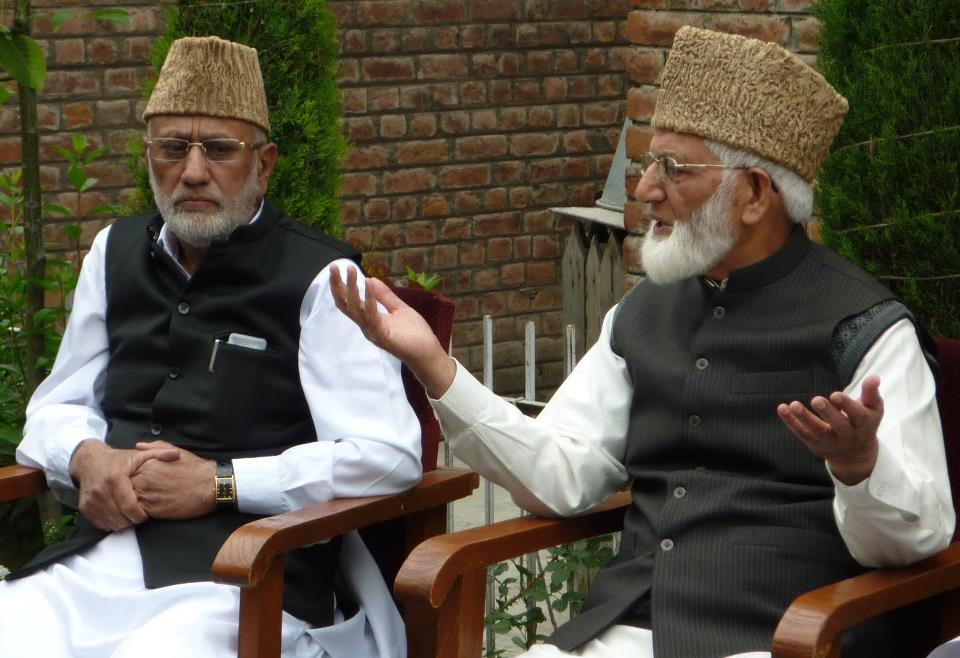
Jama’at produced towering leaders but last two and half decade long conflict in Kashmir consumed major of them. Observers say that the largest Islamist party had huge potential in influencing the social and political landscape of Jammu and Kashmir. “Although, JeI didn’t, at first sight, joined arms movement, however, only Islamist militants are surviving the anti-militancy operations in Jammu and Kashmir now,” said a political commentator.
After facing persecution since onset of armed rebellion in J&K, Jama’at ‘retrieved’ from its stand on militancy in 1999. Since then, JeI witnessed internal bickering and finally in 2004, under an agreement, Tehreek-I-Hurriyat (TeH) came into being which is being headed by Syed Ali Geelani and his lifetime associate, Muhammad Ashraf Khan Sehrai is its Secretary General.
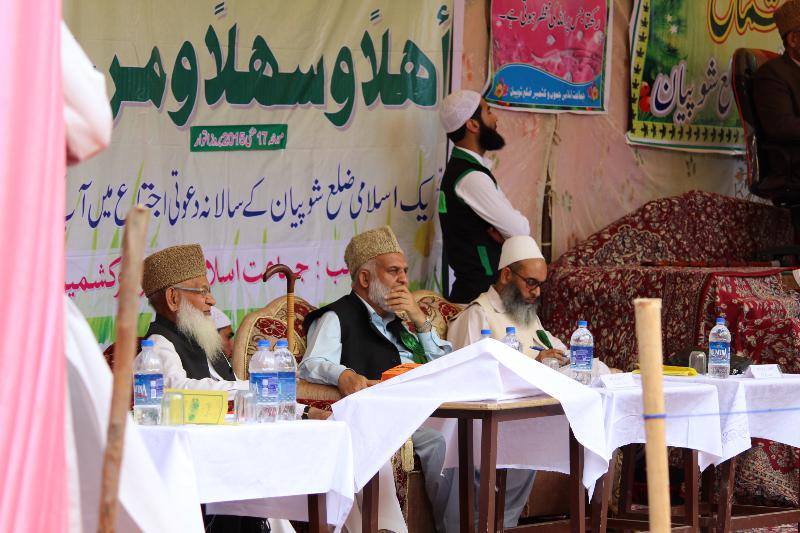
Under the agreement, Geelani and Sehrai and a few others are still basic members of JeI, although, TeH has its own full-fledged set up. “They are voters; but they can’t be voted,” Zahid asserted. “They cannot hold any position in JeI but they have every right to vote to elect members of Council of Representatives.” However, Sehrai’s JeI membership is suspended, still.
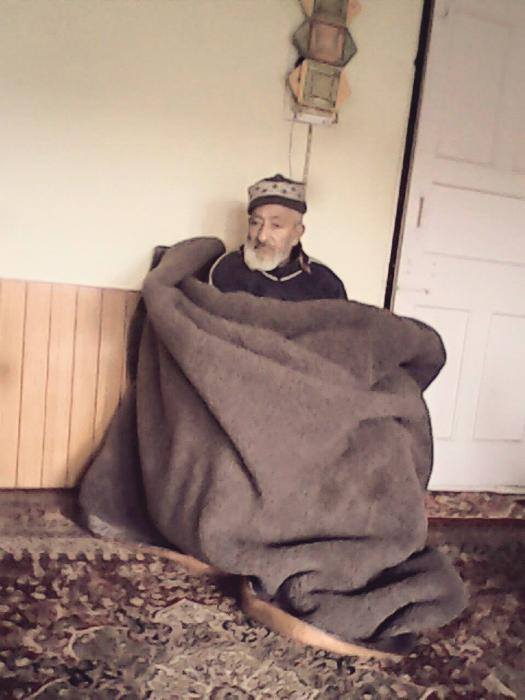
After ‘Council of Representatives’ are elected from all basic units of JeI, Zahid said, “An Ijlaas (meeting) of such members is held at the end of such an exercise wherein Amir is finally elected along with Majlis Shoora (Advisory Council).”
“Before election of Amir, the members are informed about the qualities an Amir should have,” he added. “Whoever is elected should have such qualities; the features are detailed in the constitution of JeI.”
To elect members of Majlis Shoora, the members of ‘Council of Representatives’ from their respective districts elect one such member out of four members of ‘Council of Representatives’.
“We have around 33 such members at present,” he said. “And once Amir is elected, in consultation with Majlis Shoora, he selects other office bearers including Secretary General.”
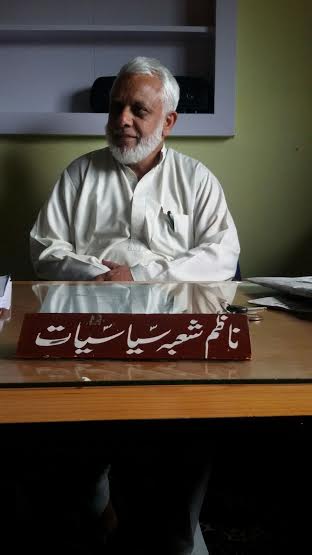
Zahid noted that there is no possibility of asking any incumbent Amir to continue for next consecutive term. “It doesn’t happen; even when there was huge crisis, votes were sought and whoever could, voted, but the tradition (election) was not stopped.”
An elderly, who works in the central office of JeI and claims to have witnessed almost ten elections said, “in times of Saad-Ud-Din Tarabali, there would be direct election to Amir as basic members would directly vote for Amir.”
The outspoken elderly said then Amir and Arakeen would enjoy a better chemistry, unlike now. “It was Gh Muhammad Bhat who introduced ‘Council of Representatives’ system in late 1980s as the number of members swelled.” “The first Ijlaas of ‘Council of Representatives’ was held at Kralpora in outskirts of South Srinagar,” he informed.
Jama’at has also contested state assembly elections and since its climax in 1987, JeI abandoned the process alleging mass rigging in the election in which Farooq-Rajiv coalition was declared successful and some candidates of JeI who were fighting under Muslim United Front (MUF) banner were arrested from the counting rooms.
Zahid further said that there is no possibility of any lobbying, campaigning neither candidature in JeI’s election.
“No one is allowed to do such thing and if anyone is found doing it and hence proved, he/she will be terminated from the basic membership,” Zahid said while narrating clauses the JeI constitution.
“This is actually training how to elect a Khalifa (Head of an Islamic State) when an Islamic State comes into being,” he maintained. “JeI has divine democracy.”
Being an ardent propounder of Islamic State, Syed Ali Geelani has not been able to make it to post of Amir till TeH came into being. Geelani’s second in command, Sehrai was once top runner for the post of Amir, however, he couldn’t.
Indications suggest that the JeI is unlikely to have a new leader as there is strong possibility of an earlier leader being re-elected. Of its seven former presidents, three are still surviving and it is expected to be one of them who will lead the party, once again. The party has the tradition of actually summoning its members out of retirement to make them lead, afresh.


